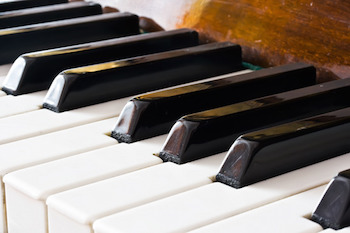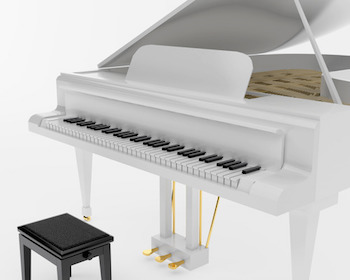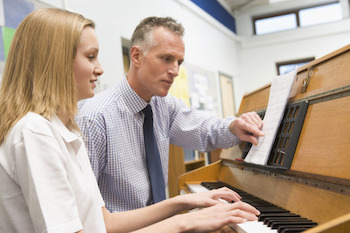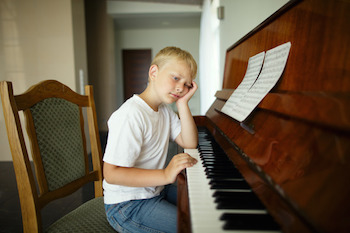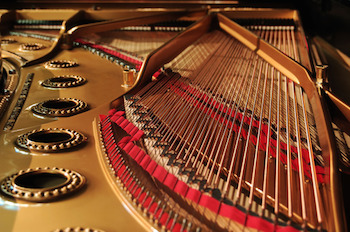If you are new to the world of playing the piano, the entire process can be a little overwhelming. Much has been written on how to buy a piano, are new or used pianos better, and what the impacts are of not purchasing a quality piano. But what about maintenance?
Owning a piano is for the long haul. If you are going to play it regularly year after year, your piano will require maintenance. But what does that mean? Can you do it yourself? Are people just trying to make money off the maintenance process, or is there really something to be said for hiring a professional to help you with your piano tuning process?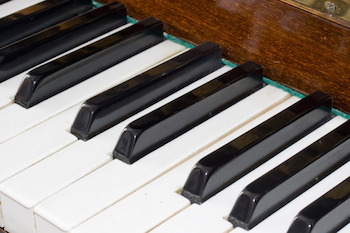
A piano is constructed from 80 percent wood products, and withstands about 20 tons of pressure on an ongoing basis. Many things can impact that relationship – humidity, temperature, movement, and even standing alone over time with no movement at all.
A piano is a living breathing thing. As it changes, even minutely, it will change the tension, and therefore the playability of your piano.
When a piano tuner comes into your home, it may be confusing to watch what he’s doing. After all, he sits down and hits a few notes over and over again, while tinkering around on the inside of your piano. He sits there for an hour or two, and hands you a bill. In some cases his work is complete and will hold you for a few months. In other cases he may have additional recommendations for repair work required to bring your piano into full adjustment.
In either case, it is his responsibility to make sure you understand the process. It is your responsibility to ask questions and learn all you can about the process.
A tuner provides minor and major repairs, adjustments, will regulate the action, voice the hammers, and make recommendations to optimize the functionality of your instrument. This isn’t a process that is learned quickly. A good piano tuner will have thousands of hours in at piano tuning to develop the knowledge needed to understand what he is doing.
It can’t be learned from watching a video online, or reading a book over a weekend. It takes practice. It requires on the job training to learn to “hear” where problems exist, and what is required in order to bring it to the optimal working condition.
Is piano tuning a necessary part of regular maintenance? Only if you wish for your piano to be at its peak performance level whenever you desire to play. To schedule your routine piano tuning appointment, give us a call today.
